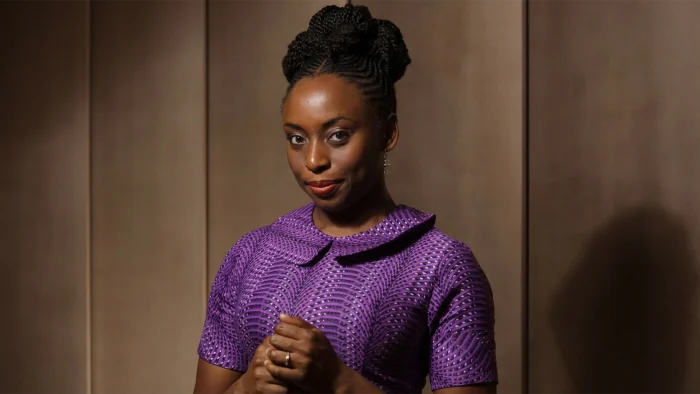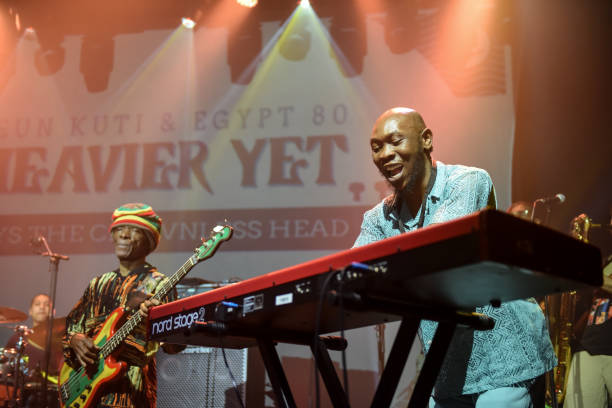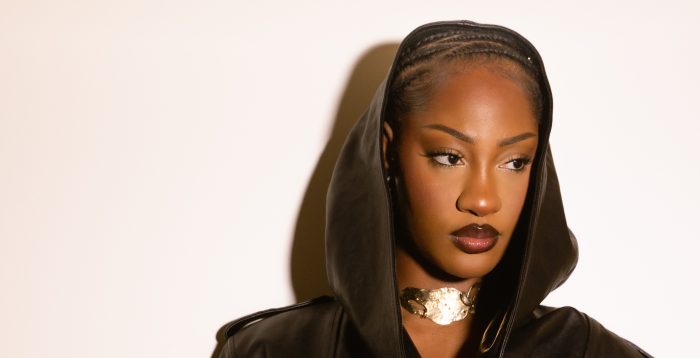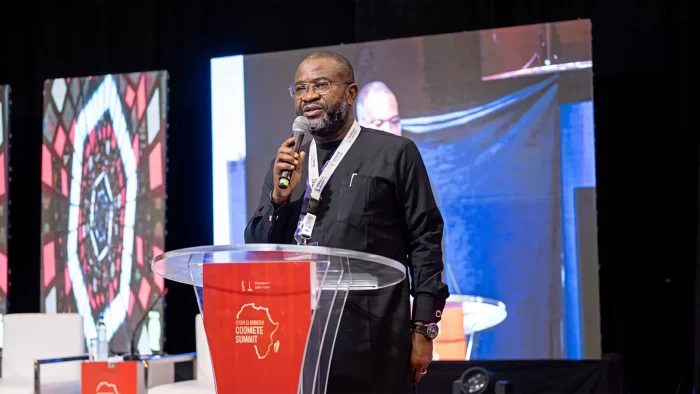There’s Yahoo money deeply embedded in every cranny of the Nigerian music industry. It manifests itself in more ways than the eye-catching popping of champagne and the possession of all the nice, expensive, new tech.
That song playing on the radio might be fuelled by illegal money exchanging hands between music and media executives. The music video that offers glamorous entertainment won’t pay for itself in the absence of a legit investor. That concert that blew your mind, and you wish that it holds every year, don’t have the right economics on paper. But it holds annually because someone with a lot of cash and a questionable source of income is being generous. The only reason why many artists get to exist and play at the highest level of mainstream acceptance is that they have inexplicable funding from sources that can’t come into the light. The industry is propped up on these sums. That is a reality that isn’t going away any time soon.
With such a heavy reliance on Yahoo money, I wonder why the public expects musicians to condemn out rightly an illegal activity. All week on Twitter, I have watched the best thinkers and outrage-merchants try to banter the growing wave of acceptance of Yahoo on social media. The protagonists are led in front by celebrities, who have chosen to either indirectly support the crime, guilt-trip the public with “nobody holy,” or pass the blame to the failure of our government and breakdown of the society. They know advanced fee fraud is a crime, but it is the one many of their peers and benefactors have chosen. In this situation, the advice – “don’t talk while you are eating”- isn’t etiquette. It’s a self-preservatory tactic.
Demanding better from these artists won’t make them change or force them to take a public stand. If anything, they are having a laugh, knowing fully well that the base of Nigerians who are sympathetic to the crime is growing, and becoming emboldened. All around social media, the battle wages on multiple fronts, each side giving as good as they got and firing salvos in defence of truth and illegality. Nigeria continues to fracture, and this battle is a further indicator of how far gone we are.
Wipe your eyes with a privilege-cleaner and look around, you will weep. If you are reading this piece, you are more likely to be among the ones who have it good. Irrespective of whether you might be drowning in anxiety, and have projected bills without the income to pay for them, but you are among the lucky few. You have an education. If you hit rock bottom, you can have options. Most likely a supporting friend or family relative will try to give you a hand back up. Or you might take a low-paying job and start from there.
Now, exit that circle that insulates you. Go lower than the level that you are at, and seek to understand the economics of the class below you. Your efforts will unveil a journey into the heart of poverty; a limited existence marked by crushing lack in all areas, deepening dehumanization, and the absolute loss of hope. Nigeria, a country with the largest gathering of black people on earth, also is home to the highest occurrence of extremely poor people. The country mints 6 extremely poor people every minute, according to the World Poverty Clock.
Our educational systems are a farce, healthcare is stumbling, with an array of Gofundme campaigns daily crowdsourcing financial assistance to save lives. Jobs are on the decline, as graduates continue to poor out daily. Generally, it’s getting worse to survive as a person here. But when you are a victim of the state, and find yourself in extreme poverty, the rules no longer change. You go rogue, shun civilisation, tear up the world’s legal rule book, and assume a basic primal mode of operation that involves high-risk activities that are illegal.
Today, we are yelling about advanced fee fraud, aka Yahoo Yahoo. Yesterday, we frothed at the mouth over “transactional sex.” Prior to that, police brutality continues to prematurely usher young people into the afterlife. We are a broken country, operating via dystopian societies, where the law is inefficiently and selectively enforced, mostly showing up as a function of price and status, and everyone holds on to hope that “e go better.” Sadly hope is not a strategy. But Yahoo is too many, and its proceeds are everywhere.
Nigeria is broken. And the acceptance and negotiation of crimes like Yahoo, whether in music or beyond, is an alarming indicator of how far we are from normalcy as a society.








